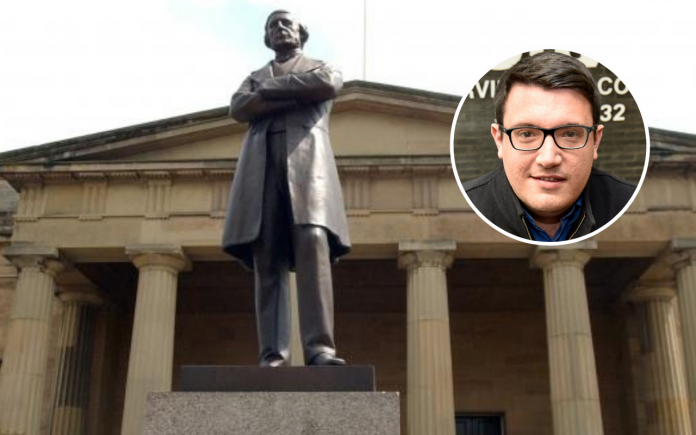ALL good things are coming to an end, as is my tenure as the Herefordshire local Democracy reporter. I am moving on to a new challenge.
It was truly a privilege to hold those in public office in the county accountable to my birth, and I loved every second.
The Local Democracy Reporting Service has made a decisive contribution in recent years to shedding light on the failures of local authorities and to pushing for more openness and transparency.
The program is a unique partnership between the BBC and local news organizations and was founded in 2018 to improve coverage of councils across the UK.
When I started out in Herefordshire I found a local authority that I didn’t think had been scrutinized too closely.
OTHER NEWS:
The council was so secretive about council members who broke their code of conduct that they would not name the ward councils they sat on, let alone who they were.
What kind of democracy is that, I thought at the time.
How could the electorate at the ballot box make an informed decision when councilors who had misbehaved were tacitly informed but the public wasn’t the wiser?
The council would also exclude reporters from certain hearings and admit them into others. A rule for one and a rule for another.
The then independent person of the council [a watchdog role] had voiced concerns about this lack of transparency, but to no avail.
Nobody seemed to be listening or listening. Until we reported about it.
Raising the public’s attention to problems seems to have a miraculous effect on those who rule over us.
Reporting this lack of openness sparked a public petition calling for more transparency with thousands of signatures, and soon resulted in a change in the attitudes of many council members.
Constitutional amendments were also approved, which now means that confirmed complaints against council members are published, albeit in very little detail.
In 2018, council officials also denied a request for freedom of information about former council members who had violated their code of conduct.
I had to appeal their decisions and refer the matter to the information commissioner. A year later they decided in my favor and ordered the council to make this information public.
Openness in local government shouldn’t be that difficult. The council is there to serve the public and the public has a right to know.
The irony is that openness and transparency are supposed to be some of the core values of the Herefordshire Council.
And although the councilors are much more open today than they were three years ago, the opposition from many to requests from them to vote on the decision to remove the Hereford bypass shows that there is still a long way to go. Some refused to say it is none of our business what they do on behalf of the taxpayer only to have the details released later as part of a freedom of information request.
Since our reporting on this issue, the group leaders have agreed that all votes on decisions taken at online council meetings will be recorded and published. This is another positive step towards transparency.
However, the Council has also been slow to address serious protection issues that have been put to it.
Parents have repeatedly sounded the alarm just to ignore their concerns or to delay action for years.
In one case, city councils admitted that recommendations from a report on sexual abuse of students three years ago should be shared in order to protect other children.
Another extremely serious problem facing the county is phosphate pollution in local rivers.
The standard in Lugg is so bad that a moratorium has been imposed on planning applications, which is currently paralyzing the construction industry.
It is vital to democracy that a lively press covers these issues in order to keep readers informed, stimulate public debate and help those who are trying to solve the problems affecting our county.

